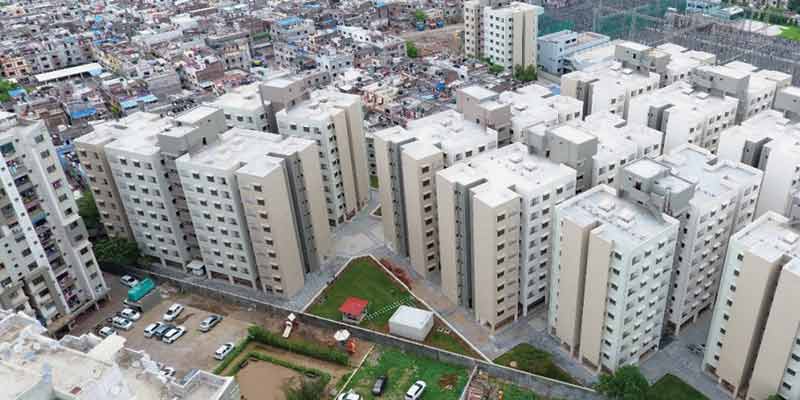- India
- Jul 04
- Kevin Savio Antony
Explainer - Smart Cities Mission
• The Union government has extended the deadline for the Smart Cities Mission till March 31, 2025, allowing cities to complete ongoing projects, which account for around 10 per cent of the total projects.
• This is the second time that the mission deadline, which was earlier June 2024, has been extended.
• The Ministry of Housing & Urban Affairs said the mission has been getting multiple requests from some states to grant some more time to complete the remaining projects.
• These projects are in the advanced stage of implementation and got delayed due to various on-ground conditions.
• All ongoing projects are now expected to be completed before March 31, 2025.
Smart Cities Mission
• The Smart Cities Mission was launched by Prime Minister Narendra Modi on June 25, 2015, with an aspiration “to promote cities that provide core infrastructure and give a decent quality of life to its citizens, a clean and sustainable environment and application of smart solutions.
• It is a Centrally Sponsored Scheme.
• The mission has attempted several innovative ideas such as competition among cities for selection of 100 smart cities, stakeholder driven project selection, formation of smart city special purpose vehicles for implementation, deployment of technology and digital solutions for improving urban governance, third-party impact evaluation by premier academic and professional institutes, etc.
• Each of the 100 cities have developed a diverse set of projects, many of which very unique and being implemented for the first time, thus improving the cities’ capability and experience and achieving larger transformational goals at the city level.
Mission strategy
• Pan-city initiative in which at least one smart solution is applied city-wide.
• Develop areas step-by-step – three models of area-based developments:
i) Retrofitting
ii) Redevelopment
iii) Greenfield.
The core infrastructure elements:
• Adequate water supply
• Assured electricity supply
• Sanitation, including solid waste management
• Efficient urban mobility and public transport
• Affordable housing, especially for the poor
• Robust IT connectivity and digitalisation
• Good governance, especially e-governance and citizen participation
• Sustainable environment
• Safety and security of citizens, particularly women, children and the elderly
• Health and education.
Status of Smart Cities Mission
• More than 8,000 multi-sectoral projects are being developed by the 100 cities amounting to around Rs 1.6 lakh crore.
• As on July 3, 2024, the 100 smart cities have completed 7,188 projects (90 per cent of total projects) amounting to Rs 1,44,237 crore as part of the mission.
• The balance 830 projects amounting to Rs 19,926 crore are also in advanced stages of completion.
• On the financial progress, the mission has an allocated budget of Rs 48,000 crore for the 100 cities.
• As on date, the government has released Rs 46,585 crore (97 per cent of the allocated budget) to 100 cities.
• Out of these funds released to the cities, 93 per cent have been utilised as on date.
(The author is a trainer for Civil Services aspirants.)


